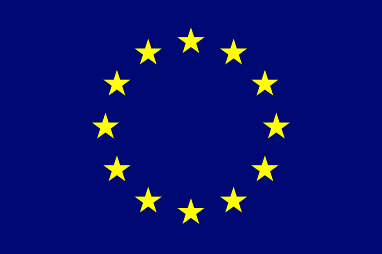Preserving humanitarian space: advocating for humanitarian exemptions in EU sanctions

Though unintended, sanctions have significant impacts on humanitarian aid. The existing complex web of sanctions creates numerous impediments for principled humanitarian NGOs operating in sanctioned areas, including difficulty in transferring funds due to bank de-risking, delays in the provision of life-saving activities, restrictions on humanitarian access, and increased security risks.
Humanitarian exemptions remain the most efficient way to protect principled humanitarian assistance from these unintended negative consequences, ensure compliance with International Humanitarian Law (IHL), and prevent the risk of criminalizing legitimate humanitarian activities.
VOICE is committed to raising awareness among EU decision-makers about the impacts of sanctions on humanitarian aid and advocating for the inclusion of humanitarian exemptions in all relevant EU sanctions regimes. Despite significant progress in recent months, both globally with the adoption of UN Security Council Resolution (UNSCR) 2664, and at the EU level, with the inclusion of exemptions in some of its sanction’s regimes, much remains to be done to preserve humanitarian space.
In this context, VOICE was invited to the Council of the EU’s Working Party of Foreign Relations Counsellors (RELEX) meeting in September to present its views on the impacts of sanctions and humanitarian exemptions. The meeting provided a great opportunity to bring the humanitarian perspective to the Council working party in charge of sanctions by highlighting the need for a standing humanitarian exemption to ensure the effective and timely delivery of humanitarian aid. It was another occasion to build on the momentum created by the adoption of the landmark UNSCR 2664 in December 2022 and advocate for the EU to follow the same approach.

